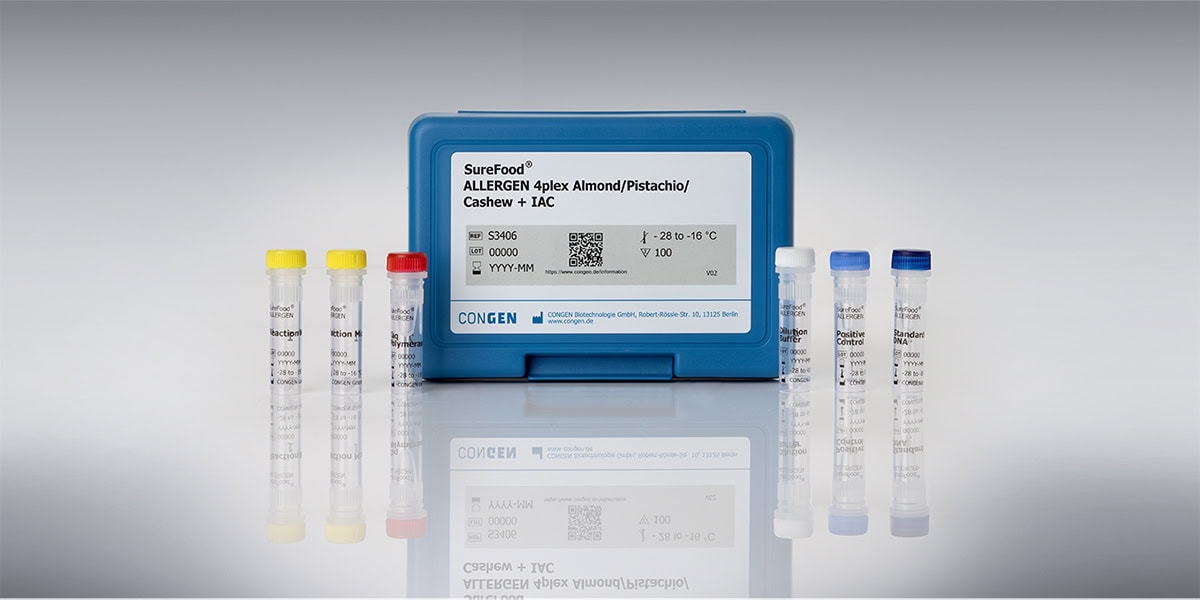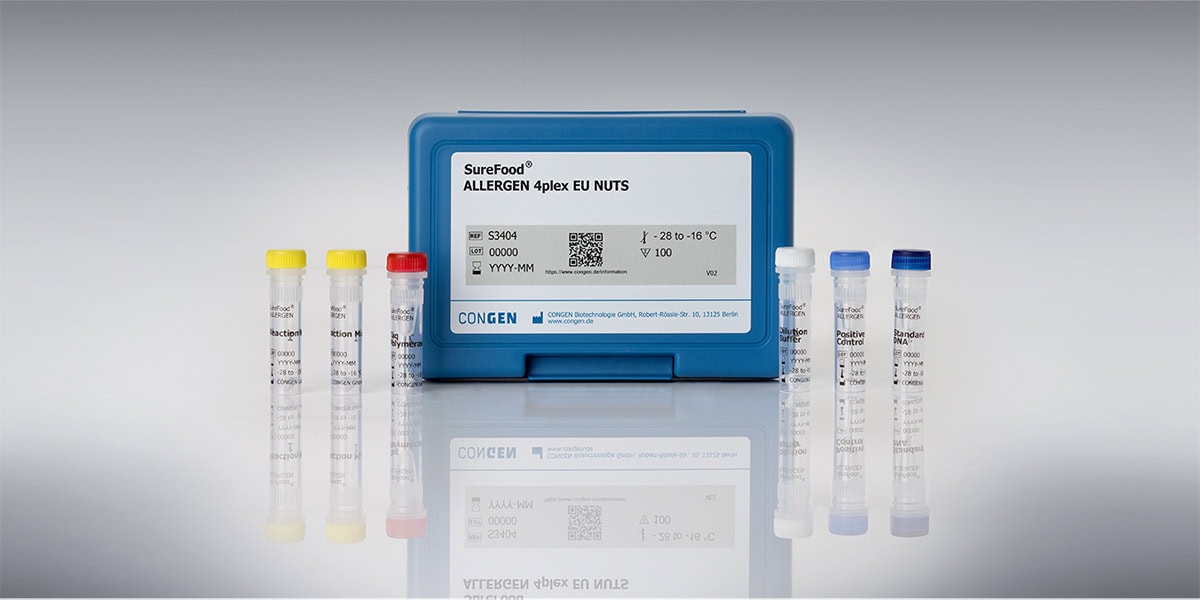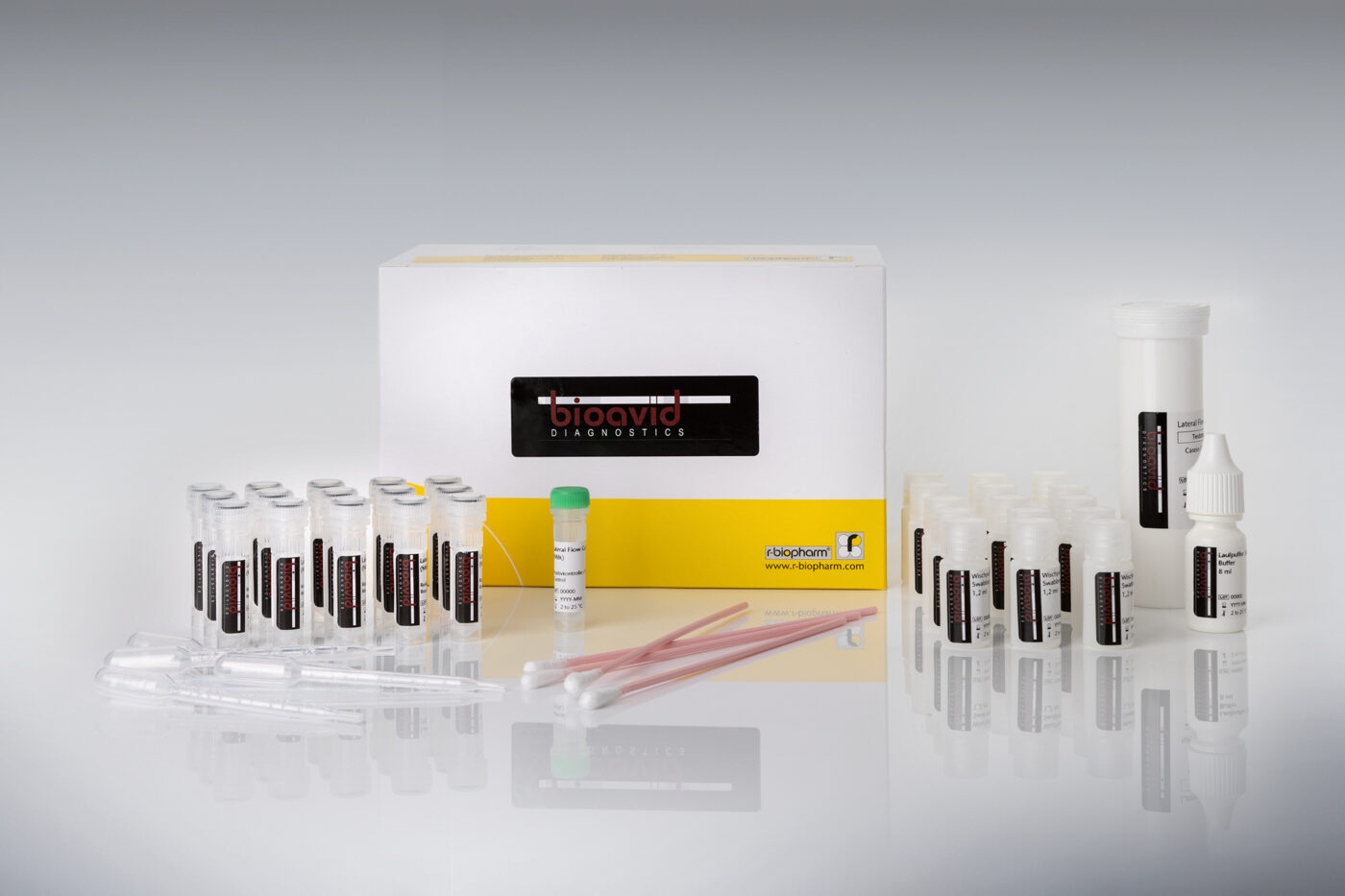
Recent news in Food & Feed Analysis
- Home
- /
- Cashew: Small nut, high...
Cashew: Small nut, high risk of allergy?

Cashew is a popular snack and also an important ingredient for confectionery and cereal products. Yet, its allergenic potential is often underestimated. For nut allergy sufferers, cashew can be a real problem.
When it comes to nuts as allergen triggers, we usually think of peanuts. However, cashew is also allergenic even in small amounts and may lead to allergic reactions including skin irritations, nausea, respiratory problems and an anaphylactic shock. Cashew allergy is less common than peanut allergy, but many people with peanut allergy also react to other nuts. This is why undeclared cashew in food products poses a major risk for a high number of nut allergy sufferers. In particular, the unintentional contamination during transportation, storage and production is a source of risk. For allergic people, it is important to note that cashew may be present in many food products such as pesto, cereals, baked goods or desserts.According to EU regulation no. 1169/2011, cashew must be declared as an ingredient on food labels due to its allergenic potential. Similar regulations exist in the USA, Canada, Australia and other countries. In the food industry, allergen management should therefore always include testing for cashew.
Test methods for detection of cashew at a glance:
RIDASCREEN®FAST Cashew
- Immunological assay (ELISA)
- Quantitative detection of cashew in raw and heated foods
- Incubation time: 30 minutes
- Currently the most sensitive ELISA in the market
Lateral Flow Cashew Kern
- Lateral flow test
- Can be used as a swab test for surfaces and for food testing
- For rapid detection of small quantities of cashew (contaminations)
- Incubation time: 10 minutes
SureFood® ALLERGEN Cashew
- Molecular biological test (real-time PCR)
- Can be used with all common real-time PCR instruments and devices
- Detection limit: ≤ 0,4 ppm
- No cross reactivity



